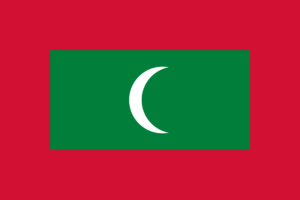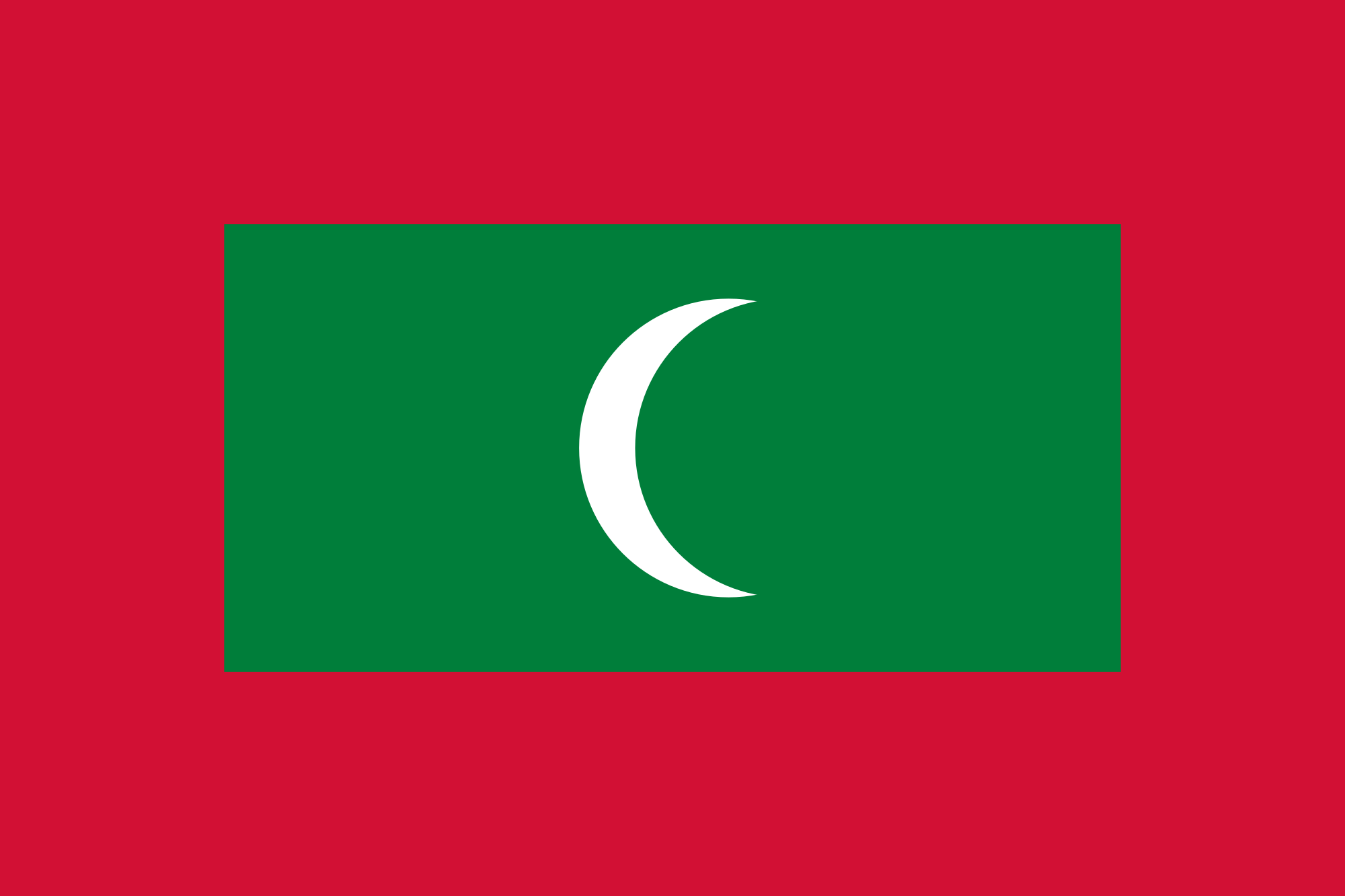08 February 2018
The Maldives Coup
Yours, sir. No, yours…
By Neil Tidmarsh
 The last seven days have seen some stiff competition for the Irony of the Week award.
The last seven days have seen some stiff competition for the Irony of the Week award.
There was the duck-hunter in Maryland who found that the tables were turned when a 6kg duck decked him, sending him to hospital with concussion and facial injuries; it landed on his head from a height of 60 feet after being shot by another huntsman.
From South Africa, there was another story of the hunter hunted: a big game hunter was about to shoot a lion when he himself was shot dead. A police spokesman said “it is not clear who fired the fatal shot”, but I’d like to think it was another lion (anyone who saw the last episode of the BBC’s recent series Big Cats will know that a lioness is quite capable of mastering a technical or mechanical task after she’s seen it done once or twice).
Then there’s poor old Alexei Navalny, detained yet again while trying to attend a political demonstration in Moscow last month. There’s footage of the incident, from the BBC and others; it shows “officers rushing forwards as Mr Navalny walked along the street before wrestling him to the ground and dragging him into a police bus” according to The Times. “He struggled while being manhandled but did not appear to strike anyone.” He may well have a few cuts and bruises to show for that, and yet – strange irony – this week he himself is being investigated on suspicion of injuring police officers when he was arrested.
Yes, the competition was stiff, but in the end the award had to go to President Yameen of the Maldives.
Twelve members of the Maldives parliament recently tried to defect from the ruling Progressive Party to an opposition party – a move which would have lost the government its majority. So they were sacked from parliament.
This week, however, the Supreme Court ruled that they should be restored to their seats. The court also overturned terrorism convictions against nine dissidents including Mohamed Nasheed, the human rights and environmental activist, ex-President and opposition leader who is living in exile in Sri Lanka (Amnesty International had said that his conviction was “politically motivated” and “unsound”, and the US Department of State had criticised the “apparent lack of appropriate procedures during the trial”).
But President Yameen and his government defied the Supreme Court and rejected the rulings.
The main opposition party responded by petitioning parliament to have the government’s attorney general and the chief prosecutor removed from office.
The president responded to that by sending in the army to close down parliament and to arrest MPs trying to get in. He declared a fifteen day state of emergency, giving himself extraordinary powers. A day later he sent the army to close down the Supreme Court. Soldiers stormed the court building, sealed its entrances and exits, and suspended its activities. Some of the judges were arrested. Three other judges were persuaded to reverse the rulings. Other opposition figures have been arrested. A curfew has been declared. A media blackout looms.
The elected parliament has been shut down; the independent judiciary has been shut down; the president and his government are now supreme. You might think that an attempted coup d’etat – an illegal use of armed force to seize power – has taken place in the Maldives. President Yameen would agree with you. He claims that the Supreme Court’s rulings were an attempted coup, saying “This state of emergency is the only way I can determine how deep this plot, this coup, goes.” I don’t think he meant to be ironic, but there we are. Sophocles’ Oedipus Rex is supremely ironic because Oedipus doesn’t know that he has killed his own father and married his own mother but the audience does know it.
The president’s assault on the supreme court is just the latest in a recent and worrying number of attacks on the independence of judiciaries around the world (see Poland In Court, Shaw Sheet Issue 115, July 2017). There was, however, a more encouraging story this week from Kenya, where the high court asserted its independence by thwarting the government’s attempt to shut down three TV stations for broadcasting footage of a mock ceremony swearing in opposition leader Raila Odinga as ‘president’. (By contrast, two opposition activists were arrested last week on their return to Russia and given prison sentences for having organised a live on-line broadcast of opposition rallies in Moscow while abroad.)
The story of Robin Hood – England’s national legend – is clearly an allegory about the necessity of keeping the government and the judiciary separate; when a bad king takes the law into his own hands, Robin Hood and his merry men have to withdraw deep into the greenwood, as ‘outlaws’, to ensure that justice and fair-play survive. Mohamed Nasheed – the human rights activist and ex-president of the Maldives living in exile in Sri Lanka – appears to have heard the sound of Robin Hood’s horn echoing through the greenwood. He has condemned this week’s closures of the supreme court and parliament as “tantamount to a coup”, and added “We would like the Indian government to send an envoy, backed by its military, to free the judges and the political detainees. We are asking for a physical presence.”
President Yameen might do well to remember that the Robin Hood story doesn’t end well for King John or the Sherriff of Nottingham.


